While eggs are a common ingredient in meatballs, some people may need to avoid them due to gluten sensitivities or allergies, or simply because they don't have eggs on hand. Fortunately, plenty of egg substitutes can be used to create delicious dishes without compromising on taste or texture.
In this article, we'll explore some of the best gluten-free options for substituting eggs in meatballs, including alternatives that don't require eggs at all. So while you're looking to avoid eggs or just don't have any in your kitchen, we've got you covered!
From plain yogurt to aquafaba, we've compiled a list of versatile and nutritious substitutes that can help bind your final dish together without the use of eggs, or any high histamine ingredients. I also share tips for adjusting your recipe to accommodate different egg substitutes and achieving the perfect texture and flavor.
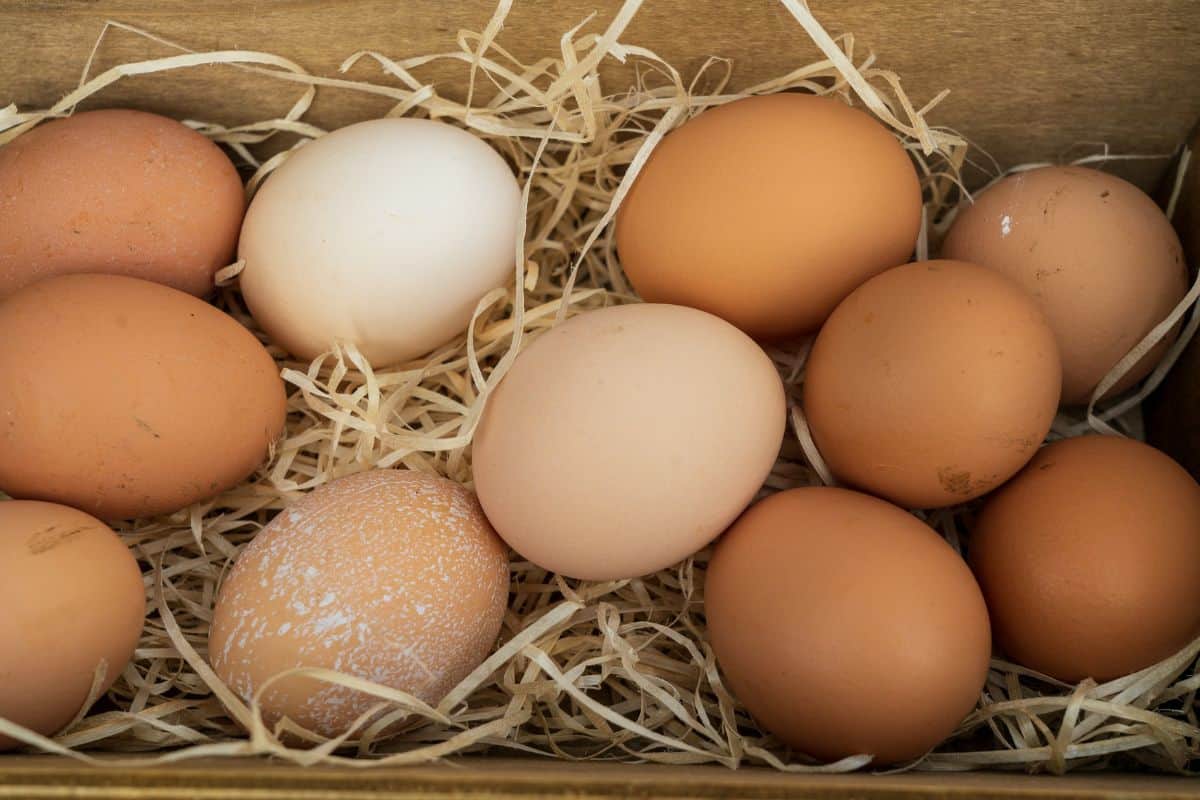
Jump to:
🥚 Why Put Eggs in Meatballs
So, why do most meatball recipes call for eggs? Well, eggs actually serve several important purposes in meatball recipes.
Binding Agent
First of all, eggs act as a binding agent, which means they help hold your dish together and prevent them from falling apart. This is especially important when you're working with ground meat, which can be a bit crumbly and difficult to shape without something to hold it together.
So, if you want your meatballs to stay in one piece, eggs are definitely the way to go.
Add Moisture
But that's not all! Eggs also add moisture to your recipes, which is essential for keeping them tender and juicy. Without enough moisture, your meatballs can end up dry and tough, which is not what we want. So, by adding eggs to the recipe, you can ensure that your meal will be moist and delicious.
Texture
Finally, eggs contribute to the texture of the meatballs. They help create a slightly lighter and fluffier texture, which can be especially desirable if you're baking or frying your final dish. The result is a meatball that's not too dense or heavy but still has plenty of flavor and substance.
🍳 What Can Be An Egg Substitute?
If you're looking to make meatballs without eggs, you might be wondering what an egg substitute needs to look like. There are many different egg substitutes available, ranging from commercial products to simple ingredients you might already have in your kitchen.
Some common vegan egg substitutes for meatballs include flaxseed, mashed potatoes, and applesauce. There are some standard measurements you can use when replacing eggs in your recipes, too:
- Flaxseed Meal: 1 tablespoon of flaxseed meal mixed with 3 tablespoons of water can be used to replace one egg.
- mashed potatoes: ¼ cup of mashed potatoes can be used to replace one egg.
- Applesauce: ¼ cup of applesauce can be used to replace one egg.
When substituting eggs in a recipe, it's important to keep in mind that a large egg is roughly equivalent to ¼ cup (4 tablespoons/60g/2oz). This means that when using an egg substitute, you'll need to replace that same volume in your recipe to achieve similar results.
It's worth noting that different egg substitutes may work better in different recipes, so you may need to experiment a bit to find the best option for your recipe. Additionally, some may require more or less of a particular egg substitute, so be sure to read the recipe carefully and adjust the measurements as needed.

🐄 Dairy Substitutes
Plain Yogurt
1 egg = ¼ cup yogurt
Plain yogurt is a great egg substitute for meatballs. It adds moisture and creaminess to any mixture, making it a suitable replacement for eggs. To use plain yogurt as an egg substitute, simply replace each egg with ¼ cup of plain yogurt.
Plain yogurt can be a good substitute for eggs in a meatball recipe for a few reasons. First of all, like eggs, yogurt is a good source of protein, which can help bind the dish together. Additionally, yogurt is high in lactic acid, which can help tenderize the meat and give the meatballs a slightly tangy flavor.
Finally, yogurt is a good source of moisture, which can help keep the meat moist and tender during cooking.
Buttermilk
1 egg = ¼ cup buttermilk
Buttermilk is another great option to substitute eggs in meatballs. It works well as a binder and adds a tangy flavor to your meat. Like eggs, buttermilk is acidic, which can help tenderize the meat while also keeping the dish moist and tender during cooking.
Finally, buttermilk can also act as a binding agent, helping to hold the ingredients together. So, if you're looking for no-egg meatballs, buttermilk can be a great choice!
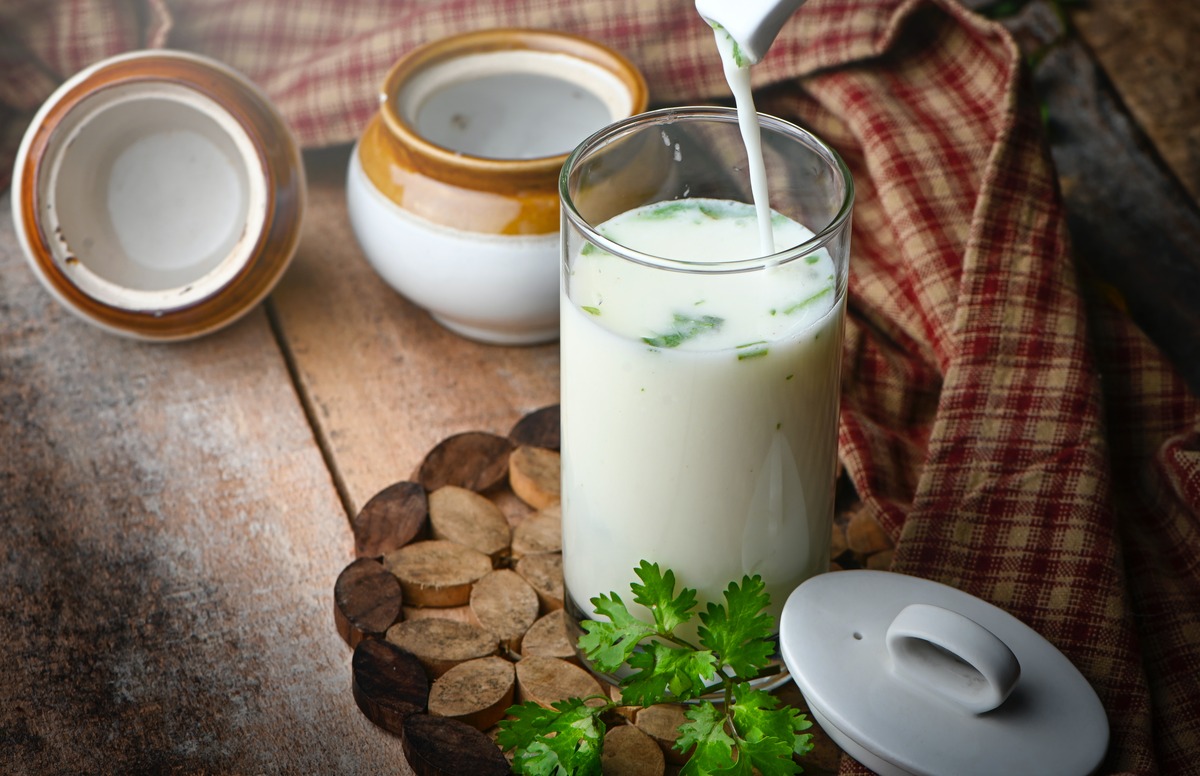
Ricotta Cheese
¼ to ½ cup of ricotta cheese = 1 pound of ground meat
If you're looking for an egg substitute for meatballs to give them a creamy texture, ricotta cheese is a great option. Ricotta cheese can be a good substitute for eggs in meatballs thanks to its similar binding effect (due to its high protein content).
When mixed with the other ingredients, ricotta cheese helps hold the mixture together and prevents it from falling apart during cooking. Additionally, ricotta cheese adds moisture to the mixture, which can help keep the meatballs tender and juicy.
Ricotta cheese adds a creamy texture and mild flavor to the meal, which can enhance their overall taste. You can add approximately ¼ to ½ cups of ricotta cheese per pound of ground meat, depending on the recipe and desired texture.
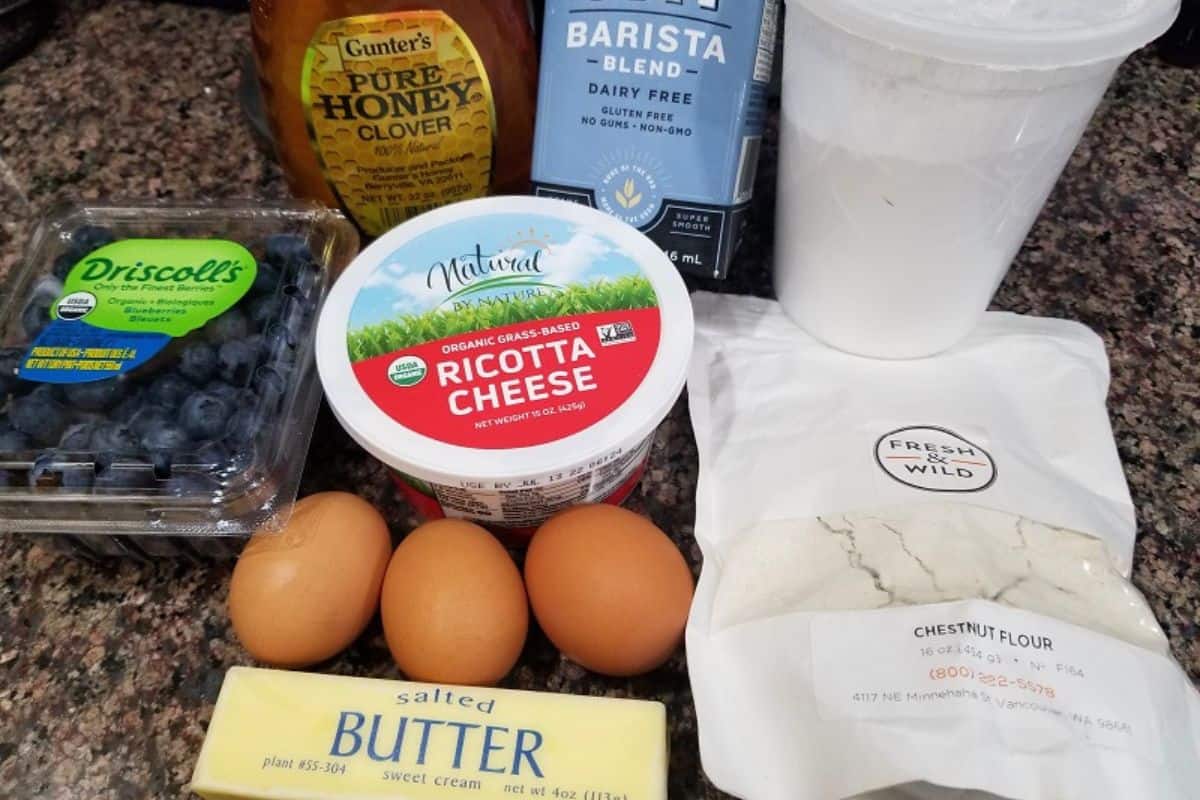
🥔 Non-Dairy Substitutes
Mashed Potatoes
1 egg = ¼ mashed potatoes
You can substitute eggs in meatballs using mashed potatoes. They are easy to prepare and add a creamy texture to your dish.
To use mashed potatoes as a substitute for eggs, simply follow these steps:
- Boil some potatoes until they are soft and then mash them.
- Add the mashed potatoes to the meatball mixture in place of the eggs.
- Mix the ingredients until they are well combined.
- Fold the mixture into your dish and bake or fry them as desired.
To replace one egg in a meatball recipe, you can use approximately ¼ cup of mashed potatoes. However, keep in mind that the exact amount may vary depending on the recipe and the desired texture of the final dish.
If you find that your meatball mixture is too dry or too wet after adding the mashed potatoes, you can adjust the amount as needed until you achieve the desired consistency.

Unsweetened Applesauce
1 egg = ¼ cup applesauce
Unsweetened applesauce is a great substitute for eggs in meatballs when they require binding agents, making it an excellent option for those who are allergic to eggs or follow a vegan diet. It provides the necessary binding properties and also adds moisture to your 'balls.
Additionally, unsweetened applesauce can add a subtle sweetness to the final dish, which can enhance its overall flavor, especially with baked goods. To use unsweetened applesauce as an egg substitute, simply replace each egg with ¼ cup of applesauce.
You can also adjust the amount depending on the recipe and the desired texture of your meatballs.
Flax Seed
1 egg = 1 tablespoon of ground flax seed + 3 tablespoons of water
Flax seed is a great alternative to eggs in meatball recipes for a number of reasons. First and foremost, it's a great source of fiber and healthy fats, making it a healthier option than eggs. Additionally, flax seeds are rich in antioxidants and other beneficial nutrients to support overall health and well-being.
When used in meatballs, flaxseed can help bind the ingredients together and create a similar texture to traditional meatballs. If you're using flax seed as a substitute for eggs in your meatball recipe, you'll want to use about one tablespoon of ground flax seed for every egg you're replacing.
To make a flax egg, simply mix one tablespoon of ground flax seed with three tablespoons of water and let it sit for a few minutes until it thickens up. This mixture can then be used in place of eggs in your meatball recipe, providing a healthy and delicious alternative that's completely gluten-free.
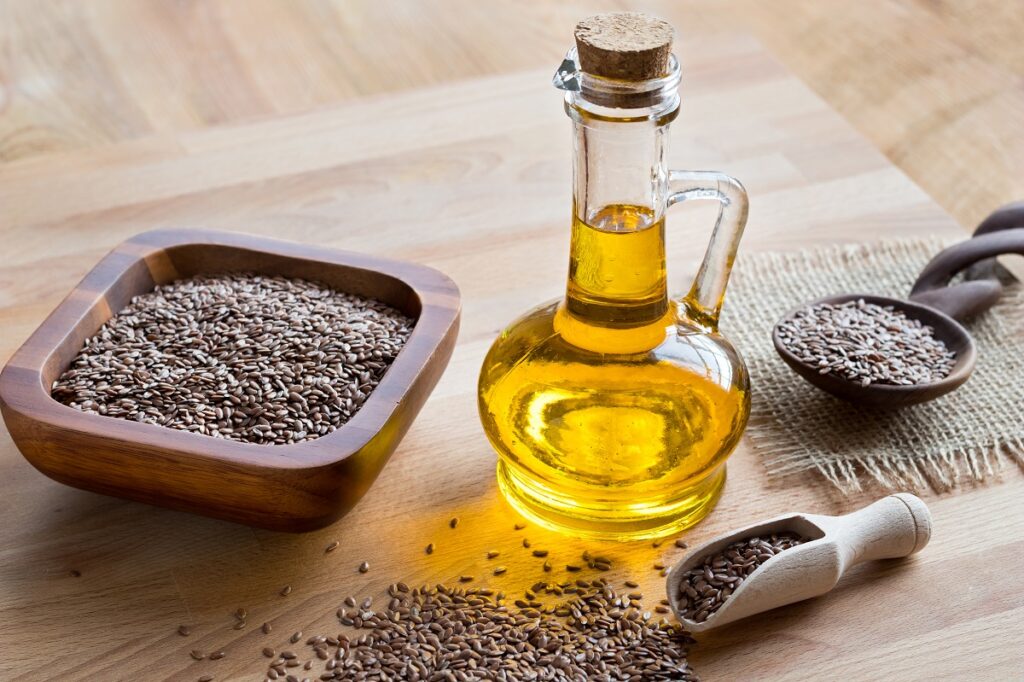
Chia Seeds
1 egg = 1 tablespoon of chia seeds and 3 tablespoons of water
Chia seeds are a great vegan substitute for eggs in meatballs. They're a great binding agent in meatballs instead of eggs due to their high fiber and protein content. When mixed with liquid, chia seeds form a gel-like substance that can help hold the mixture together.
To use chia seeds as an egg substitute in meatballs, simply mix 1 tablespoon of chia seeds with 3 tablespoons of water and let the mixture sit for a few minutes until it forms a gel. Then, you can add the chia gel to your mixture and blend thoroughly.
The chia gel will help bind the final dish together and keep them from falling apart during cooking. Additionally, chia seeds are a great source of antiinflammatory omega-3 fatty acids.
Nut Butter
1 egg = ¼ cup nut butter
Nut butter is a delicious and healthy alternative to eggs in meatball recipes. Not only is it a great source of protein and healthy fats, but it also adds a rich and nutty flavor to your meatballs that can take them to the next level.
When used in place of eggs, nut butter can help bind the ingredients together and create a similar texture to traditional meatballs, while also adding a unique and delicious flavor that you won't find in traditional meatballs.
If you're using nut butter as a substitute for eggs in your meatball recipe, you'll want to use about ¼ cup of nut butter for every egg you're replacing. Simply mix the correct amount of nut butter with a little bit of water to thin it out and make it easier to mix with the other ingredients.
Whether you prefer almond butter, macadamia butter, tahini, or another type of nut butter, this is a great option for anyone looking to create delicious and healthy meatballs without using eggs.
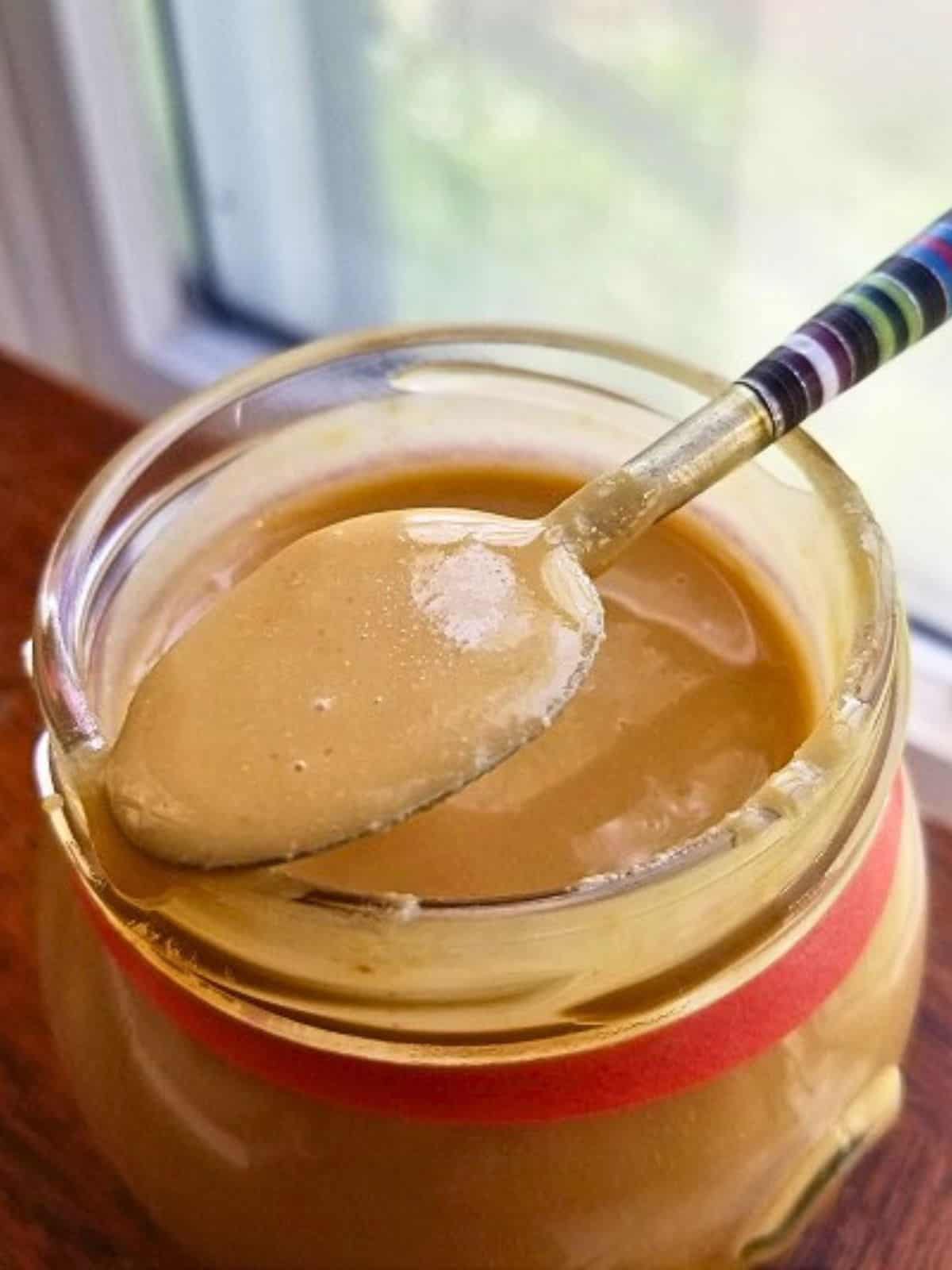
Aquafaba
1 egg = 3 tablespoons of aquafaba, whipped
Aquafaba is a vegan egg substitute that is made from the liquid that comes from a can of chickpeas. It can also be obtained when cooking chickpeas form dried (after soaking overnight), and is a popular ingredient for vegan baking and cooking as an eggs substitute.
As a general rule of thumb, you can use 3 tablespoons of liquid aquafaba to replace one egg in a recipe. So, for example, if a recipe calls for 2 eggs, you can use 6 tablespoons (or ¼ cup plus 2 tablespoons) of aquafaba instead, then whip it.
However, keep in mind that the exact amount of aquafaba needed may vary depending on the recipe and the desired consistency of the meatballs. It's always a good idea to start with a smaller amount and gradually add more as needed until you achieve the desired texture.

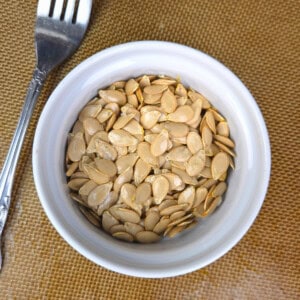
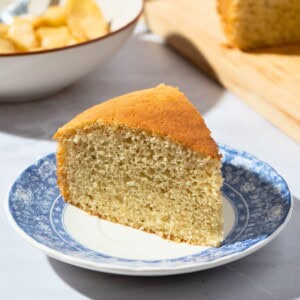


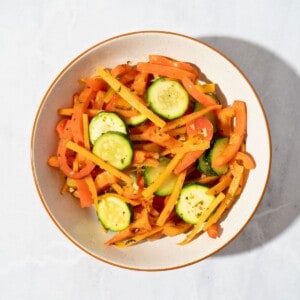


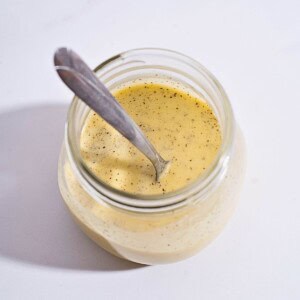
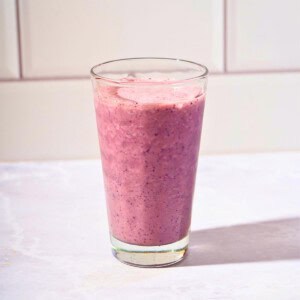



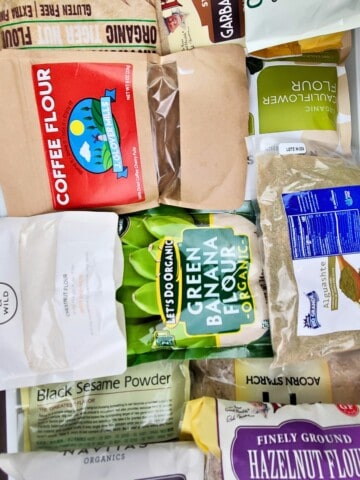
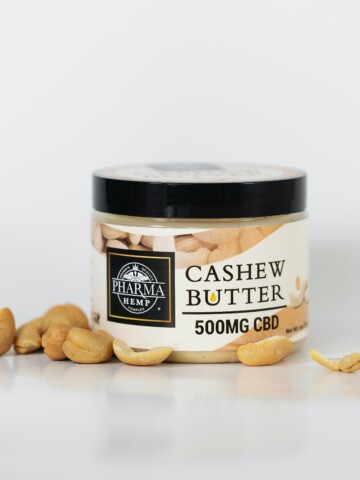
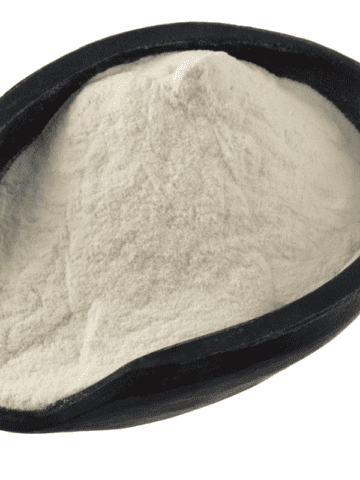
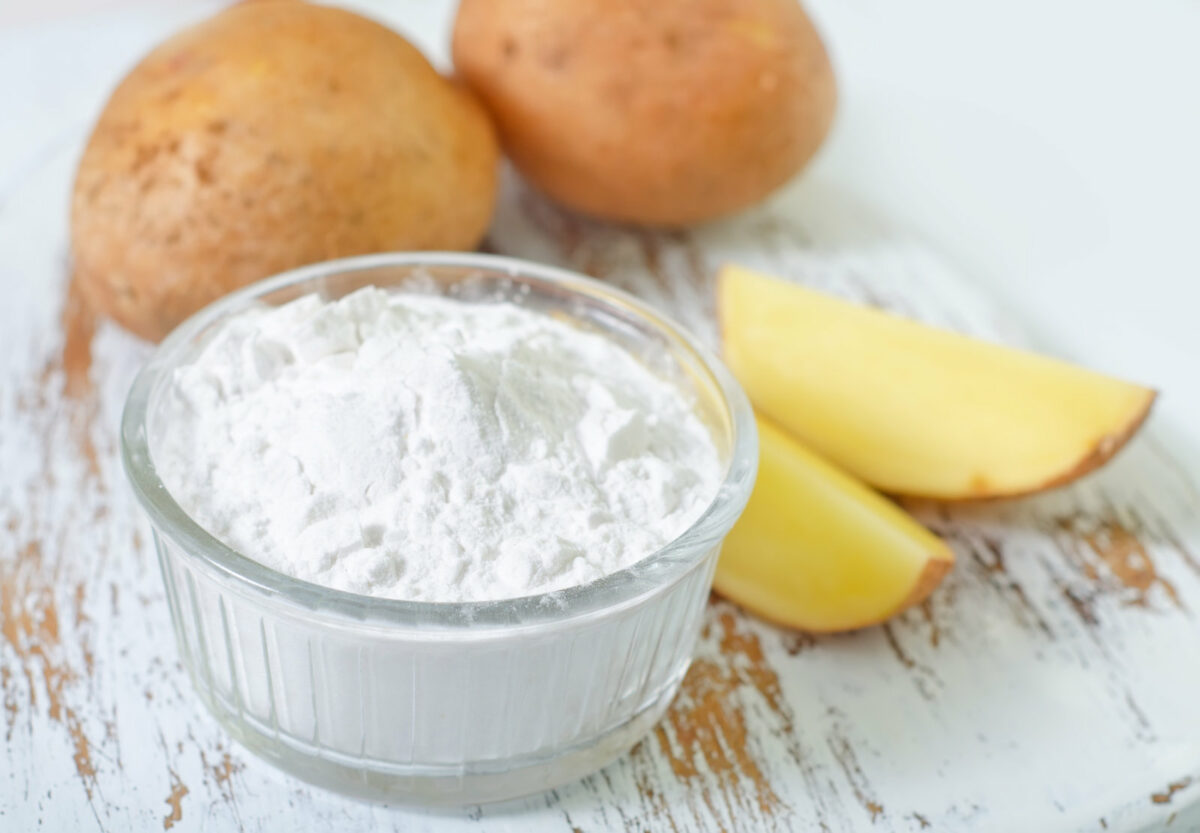
Comments
No Comments